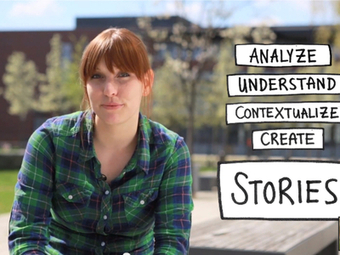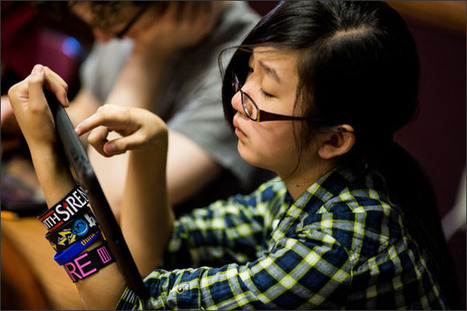"Together with a whole network of media researchers, creators and students we will:
- learn storytelling basics such as antagonist/protagonist relationships, narrative/narrated time, ...
- have a look at exciting current media projects
- analyze how they are designed and executed based on aforementioned basics
- and discuss how (and if) new online tools and formats change the way stories are told and perceived.
The 8-chapter course starts on October 25th, 2013 and ends on December 20th, 2013.
It will offer weekly video material, lessons, interviews and tasks on the following topics (not necessarily in this order):
- storytelling basics
- serial formats (on the TV, web and beyond)
- storytelling in role-playing games
- interactive storytelling in video games
- transmedia storytelling
- alternate-reality gaming
- augmented reality and location-based storytelling
- the role of tools, interfaces and information architectures in current storytelling.
Our first Storytelling-MOOC will focus on fictional formats.
"Our goal is to inspire and help understand. To broaden our horizon of what is and might be possible and what has already been attempted, and what has succeeded or even failed - and why.
In several little tasks you'll analyze and practice storytelling on your own and in teams."



 Your new post is loading...
Your new post is loading...










This MOOC will be led by a team based at the University of Potsdam, Germany